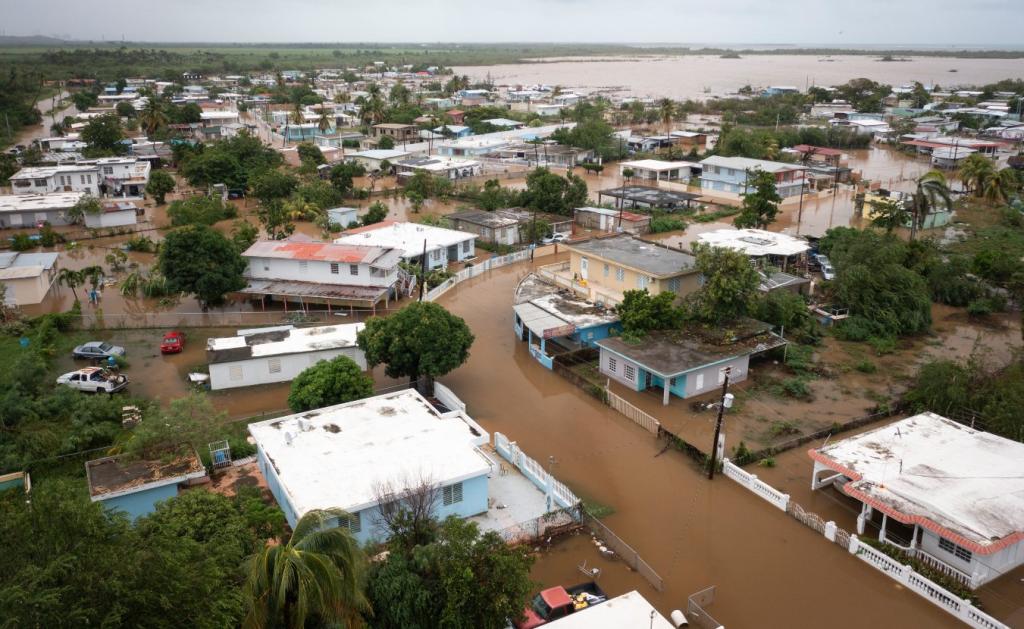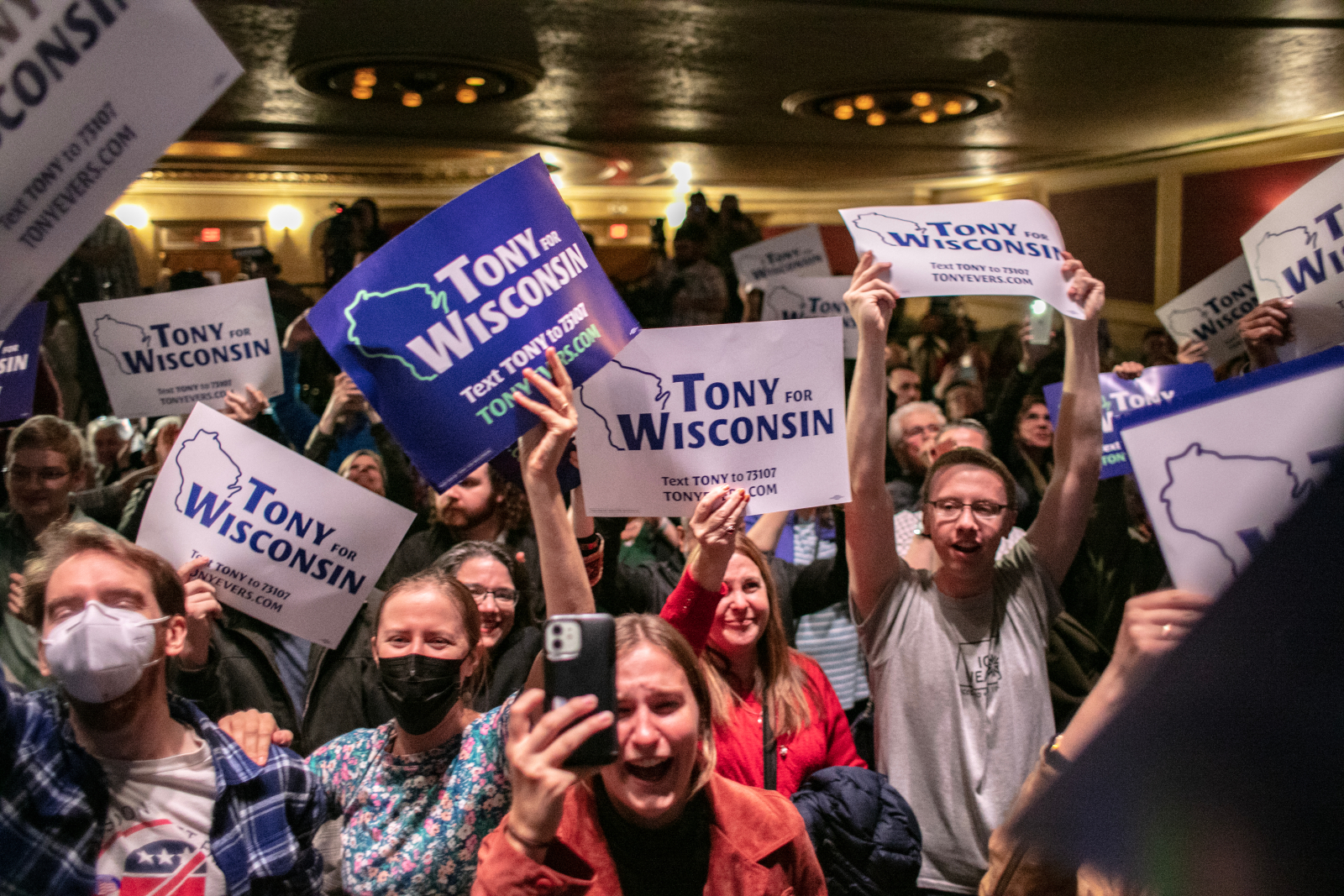Despite massive spending and recent neck-and-neck polls, three incumbent Midwest governors who campaigned on clean energy transitions won over their Republican challengers on Tuesday.
Democratic governors Gretchen Whitmer of Michigan, Tim Walz of Minnesota, and Tony Evers of Wisconsin won reelection, beating three Trump-backed Republican candidates who campaigned on varying platforms and ideologies that would have derailed plans to decarbonize in all three states. Minnesota challenger Scott Jensen, for example, had proposed rolling back the state’s “clean cars” regulation, and Wisconsin challenger Tim Michels had deep ties to the oil and pipeline industries.
Addressing a crowd in downtown Madison, Wisconsin, Evers, a former public school superintendent with a penchant for vanilla ice cream, said “some people call it boring, but you know what, Wisconsin? As it turns out, boring wins.”
These races saw landmark funding from the candidates’ coffers, with over $33 million spent in Minnesota, $32 million in Michigan, and $115 million in Wisconsin, the most in state campaign history. In addition to their focus on climate, all three governors also campaigned on increasing access to abortions and reproductive health care, especially in Wisconsin, where abortion bans are being challenged by the current administration.
Without clean energy opposition in the statehouse, these governors will now have the opportunity to keep their states on course to achieve various deadlines.
Wisconsin plans for all electricity consumed in the state to be 100 percent carbon-free by 2050 in accordance with an executive order Evers signed in 2019. Whitmer signed an executive order in 2020 to make the state’s entire economy carbon-neutral by 2050 and has been a staunch opponent of the Line 5 petroleum pipeline, which cuts across Upper Michigan, Wisconsin, and Great Lakes waters. Walz is behind various clean energy initiatives in Minnesota, such as a push for more electric vehicle sales in the state starting in 2024, and plans to reduce greenhouse gas emissions 30 percent by 2025 and 80 percent by 2050.
And with the incumbents’ reelections, these states will be closer to clean energy deadlines with seemingly climate-friendly governors at the helm.
Walz has supported expanding solar panel manufacturing in partnership with the state legislature, which released $5.5 million in a bipartisan effort to expand a Northern Minnesota production facility, slated to be one of the biggest in the country. In Michigan, Whitmer has pushed for more electric vehicle and charging station production in an effort to maintain the state’s deep ties to the automotive industry. She recently announced $10.2 million in tax incentives and grants for EV manufacturing in Detroit.
Whitmer, Walz, and Evers will now also be able to determine what to do with the money coming to their states from the Inflation Reduction Act, the country’s “most significant” climate bill in United States history. The bill contains funding for low-carbon energy sources, as well as investments in a clean economy and manufacturing.
Holly Burke, a spokesperson for climate change advocacy group Evergreen Action, said that the results in Wisconsin, Minnesota, and Michigan are a clear indicator that governors that lead on climate policies are popular candidates and they should take tonight’s results as a mandate from voters to pursue stronger environmental and clean energy standards.
“In one of the most competitive swing states in America, Governor Evers didn’t run from climate action—he leaned into it,” Burke said in a statement. “This election shows that climate leadership is a political winner in Wisconsin.”



